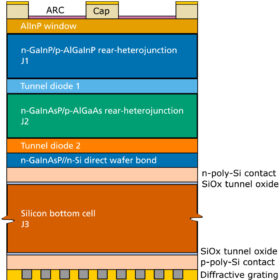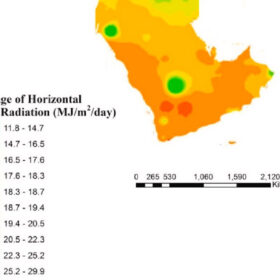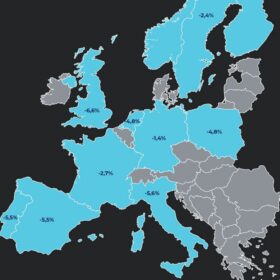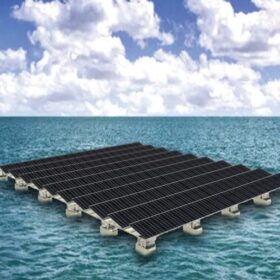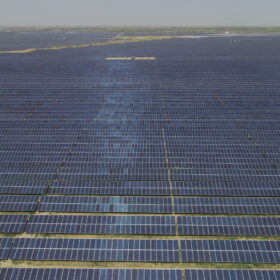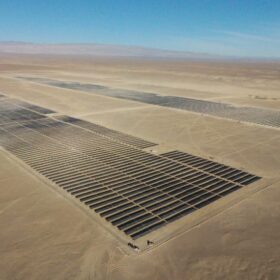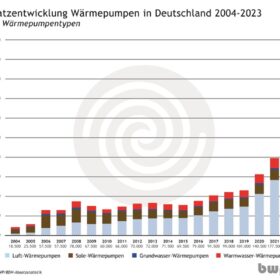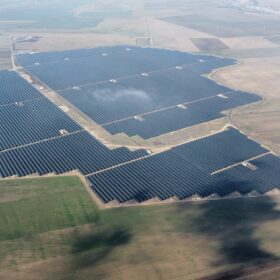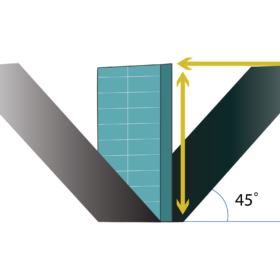Fraunhofer ISE, AMOLF reveal details of record-breaking 36.1%-efficient triple-junction silicon solar cell
The two research institutes described the triple junction device’s features in a new paper. The cell relies on a top cell based on gallium indium phosphide (GaInP), a middle cell relying on gallium indium arsenide phosphide (GaInAsP), and a silicon bottom cell.
Saudi Arabia identifies 1,200 sites for wind, solar projects
The Saudi energy minister, Abdulaziz bin Salman Al Saud, says a team of experts have conducted a geographic survey to identify 1,200 sites for wind and solar projects across Saudi Arabia.
Pexapark says European developers signed 23 PPAs for 936 MW in December
Pexapark, a Swiss consulting firm, says December marked a robust conclusion to a strong year for power purchase agreements (PPA). Developers secured 23 new PPAs – nine more than in December 2022 – with a combined capacity of 936 MW.
Alight, H&M Group sign PPA for Swedish solar parks
Solar developer Alight will own and operate three solar parks under long-term power purchase agreements (PPAs) in Sweden. The projects are expected to generate at least 24 GWh combined, providing power to fashion retailer H&M.
UAE startup unveils floating structure for offshore PV
Dubai-based Floating Man is currently negotiating contracts for the deployment of a novel floating structure for offshore solar. A 900 m2 system built with the floaters could support up to 200 solar panels.
ICRA expects India to add 17 GW of new PV capacity this year
Ratings agency ICRA says India could install 17 GW of new PV capacity this year and another 20 GW in 2025. It maintained a stable outlook for the renewable energy sector in India on the back of strong policy support, healthy demand prospects, and tariff competitiveness.
Grenergy secures PPA for 260 MW-1,100 MWh of solar-plus-storage in Chile
Grenergy said its new power purchase agreement (PPA) for 260 MW/1,100 MWh of solar-plus-storage in Chile has a duration of 15 years. The installation is part of the fourth phase of the massive 1 GW/4 GWh Oasis de Atacama solar-plus-storage project.
Germany hits 356,000 heat pump installations in 2023
Heat pump sales in Germany rose by more than 50% for the second year in a row in 2023, according to new figures from Bundesverband Wärmepumpe (BWP).
Navigating Romania’s PV boom
A latecomer to the European PV party, Romania’s embrace of clean energy means it is perfectly placed to ride the wave of urgently ramped grid investment being rolled out by the European Union.
Radiative cooling tech for vertical solar panels
Developed by a US-Saudi research group, the novel technique employs two 45-degree inclined mirrors on the two sides of a PV module. On the back side, a spectral selective reflector enables the thermal radiation to be directed to the sky while preventing the back of a module from heating up by the scattered sunlight.
